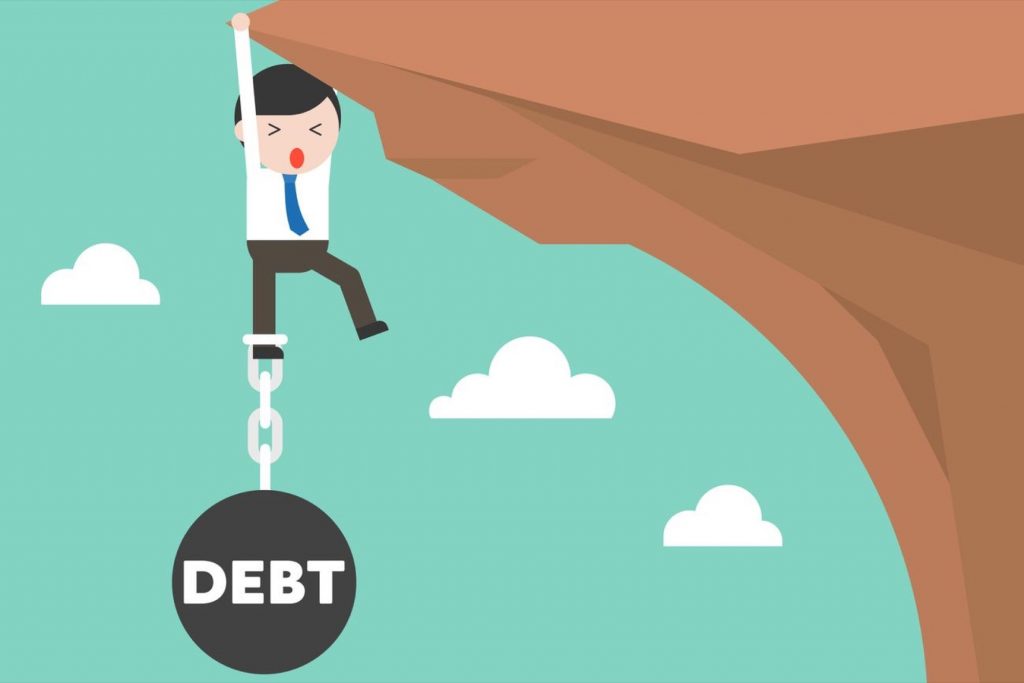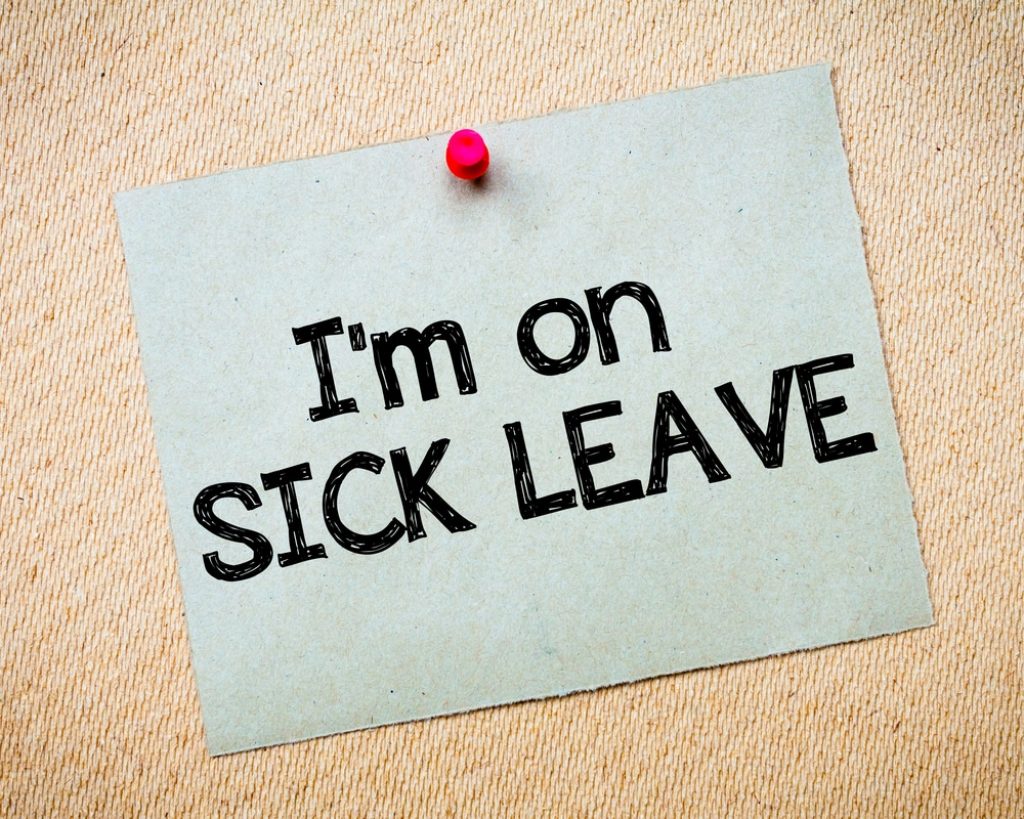
Finances uncertain? Not sure what to do first? Read these three important tips.
Times might be uncertain, but that doesn’t mean you have to surrender to the moment and allow your wellbeing – or your savings – to deteriorate. Although we’re undeniably in challenging times, we’re taking a few minutes of your time today to help inform you on how to manage your finances during 2024 and during the COVID-19 pandemic.
We’ll cover a set of basic but powerful steps you can take to practically and quickly improve your position. With these steps guiding you, you’ll be better suited to emerge from the year in a solid financial position. Let’s take a look at what the team at Everyday Loans has to say on how to plan and alleviate some of the stress associated with this unique time in our lives.
Table of Contents
It starts with that budget of yours.

img source: monroyits.com
We hope you have one in some form! If not, don’t worry; it’s easy and worthwhile to get started.
One of the most defining things about the period we’re in is uncertainty. People have lost jobs and income and many find themselves waiting at home without a clear picture of what’s ahead of them. This financial shock can be hard to stomach, but it’s not all doom and gloom; a little financial planning by starting with the basics goes a long way.
If you want to know how you’re being affected, you need to know where you are in the first place. An audit of your assets, savings and income is the best starting place – and it’s a very relieving feeling to know exactly where you are and what your next step should realistically be. At this time, you may find you need to reduce your expenses each month. Doing so is best begun from a position where you have a clear picture of your overall savings and income. From there, you can more consistently and safely reduce your spending; we recommend starting with pursuing better deals on essentials such as your internet, phone bill and housing must-haves, such as the gas bill.
Revaluate debts and payment obligations.

img source: entrepreneur.com
It’s perfectly fine to have debt; many adults do. As long as you can manage your payment obligations and make progress towards eliminating them in time, you’re doing just fine – and you’re doing better than many others!
The important point here is that the pandemic is shaking things up. That means that any debt you may have been carrying might suddenly be too much to manage.
The good news is that many financial institutions and companies are helping their customers during this unique time. It’s a good bet that your loan provider, bank or building society has some form of a scheme to help you get through. The most common of these is a simple freeze of your payments; many companies are providing these for several months at a time. This is a great way to avoid becoming overwhelmed.
If you’re unsure about your ability to repay and have a lot of debts outstanding, freezing them through this kind of service gives you valuable time to de-stress, focus and make a new plan of action.
But don’t take our word for it! It’s best you get on the phone to your relevant bank, credit card company or loan provider to see what their support options and packages are. Many owners of current accounts, for example, are finding themselves able to leverage overdraft arrangements to take out small loans that can be repaid without interest for several months. These can help, but always be careful of adding to your problems by taking out additional loans that benefit you in the short-term.
Review your options for statutory sick pay.

img source: tribunalclaim.com
Many employees are finding themselves with disrupted incomes during COVID-19, even with furlough arrangements in place. This upheaval of the norm is challenging indeed, making any additional income through grants and company offerings vital to pursue.
One such option is statutory sick pay, or SSP. By default, SSP is available in the UK for just under one hundred pounds a week for up to twenty-eight weeks in this tax year. An important nice-to-have here is that you can potentially access SSP support even if you’re on a partial or zero-hour contract, making it an important boon to those without full-time employment during COVID-19.
Generally speaking, there’s a minimum of four days off work in a row before you’re eligible for SSP, but the good news is that this includes time taken off due to the coronavirus – even if it’s just related to it. Better yet, it’s often the case in the UK that you can combine your SSP with extra packages and payments from your employer, essentially allowing you to safely “double-dip” and obtain much needed additional income during this period.
As you might imagine, it’s best to discuss this directly and openly with your HR department. They’re experts on all things relating to employment law and will be spending much of their time staying abreast of developments relating to COVID-19. See if you can arrange a meeting with one of your company’s HR team to ask questions about what they can offer and, importantly, what their expectations for the future are as relates to company employees. Always remember that much of the stress and uncertainty associated with COVID-19 is due to simple uncertainty, making any information you can squeeze out of your employer particularly helpful in alleviating stress and enabling you to plan better for the months ahead.
We wish you the very best.

img source: common.com
We hope these three points have been of use to you during this time. COVID-19 is truly a unique period in our lives, testing us in ways beyond financial security. Many adults and families are facing the unknown bravely and we send our best wishes to you and every other person during this challenging moment in history.
By evaluating your situation and obtaining what information you can, the plan you create can become a calming and encouraging foundation from which to proceed in the weeks and months ahead.







